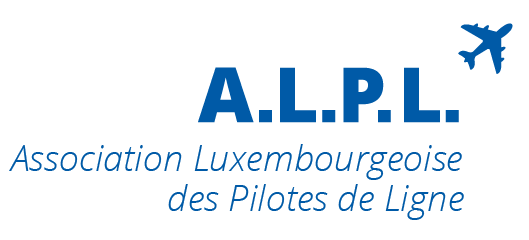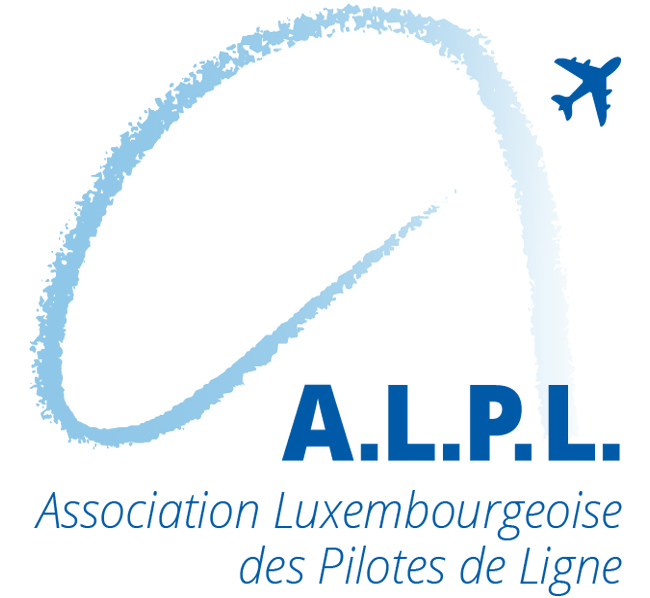Was the EU Employment Commissioner Marianne Thyssen right to tell Michael O’Leary that the “EU internal market is not a jungle” and there are rules that employers should abide by? Her statement was indeed correct. But it was also a highly optimistic representation of reality on the ground and revealed how powerless the EU can sometimes be. This may now change with the project of a new EU Labour Authority (ELA), that would allow employees and employers to deal more easily with complex aspects of cross-border labour mobility and to better fight against social fraud.
Often employees fall victim to exploitation and social fraud because of existing loopholes in legislation and lax oversight on the national level. An airline may register its Principle Place of Business e.g. in Malta, hire crews from a staffing agency in Lithuania and base them in Brussels. Understaffed or uninterested labour authorities would pass the ball between each other if crew need to enforce their labour rights. Often, the only solution is seeking the answers in Court – a costly and time-consuming endeavour. This is why it took two decades for Ryanair employees to finally dismantle the myth that if you work on an Irish aircraft, you are an Irish employee. It wasn’t until the EU Court of Justice issued a verdict on a case – and the EU Employment Commissioner spelled it out to its CEO – that Ryanair fell in line by finally offering local labour contracts to its employees.




